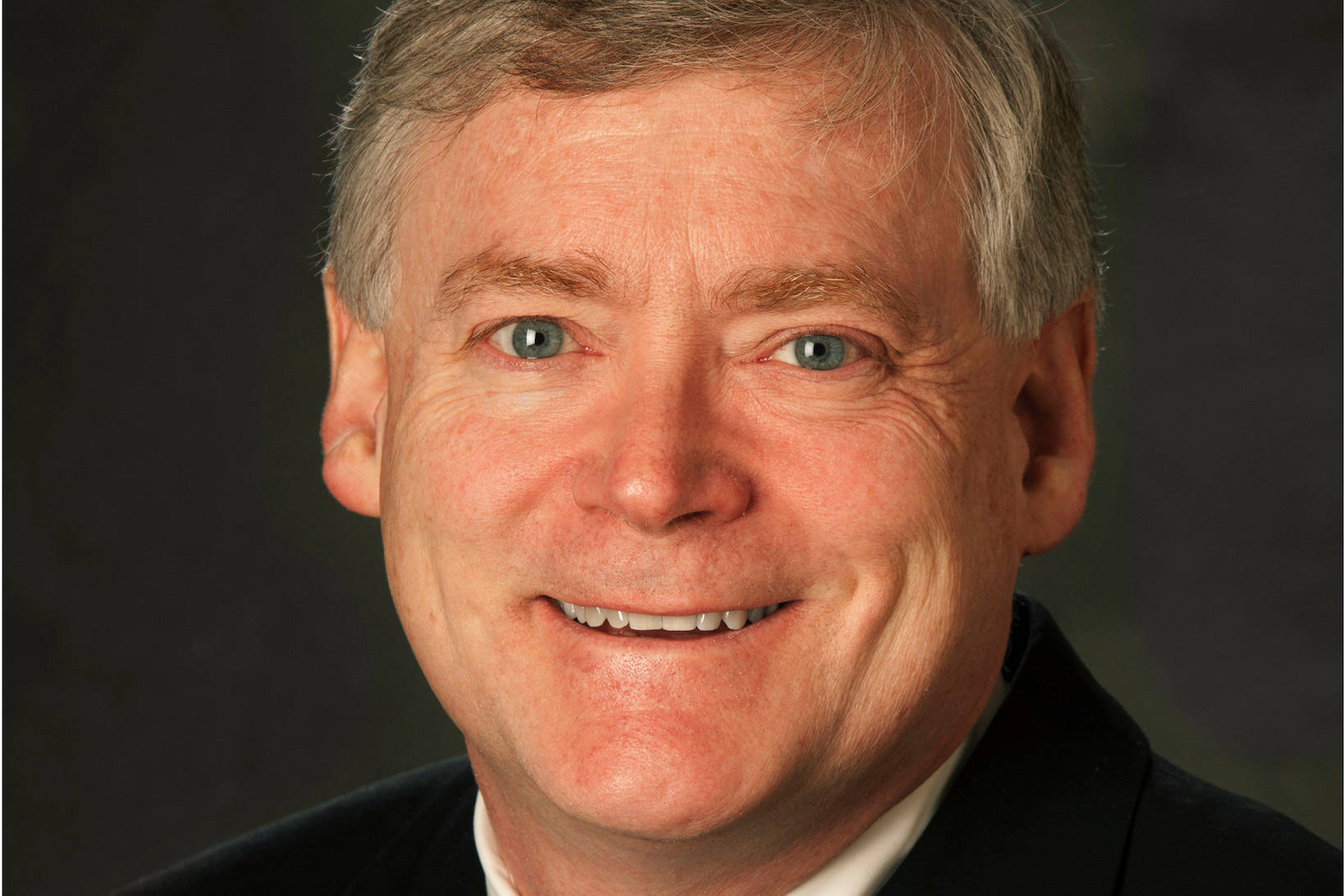Every lieutenant governor of Alaska I’ve known takes his or her role overseeing elections very seriously. Impartial, crystal-clear election rules are vital to our democracy. We should not be bamboozled by a proposal — set for the November ballot — that would deny political parties the ability to put forward a candidate, and totally confuse the process for the rest of us as voters.
A national voting fad has made its way to Alaska this November, by way of ranked-choice voting in Ballot Measure 2. It would eliminate party primaries for a free-for-all. It would create confusion at the polls. It potentially would render a person’s vote not to be counted.
As a former Lt. Governor of our state with experience overseeing elections, I join leaders of all political parties urging Alaskans to vote this proposition down.
Imagine a situation where candidates of the Libertarian Party, the Green Party, the Alaska Independence Party, even perhaps the Republican and Democratic parties are, after a wide-open primary, not even allowed to appear on the General Election ballot. Only four candidates would make it to a General Election ballot, in a state which usually has five or more parties.
Thus, Ballot Measure 2 restricts our civil right to associate and form a viable party. Sounds hardly Constitutional or fair. I’ve worked with Libertarian, Green, and Alaska Independence Party elected officials during my career, and we already make it tough — perhaps too tough — for newer or “smaller” parties to put a candidate forward in a General Election.
I’ve run in three Republican primaries myself and seen times when several candidates in my party’s contest drew more votes than all the other parties combined. In a highly contested primary situation, with a single candidate in another party, it’s possible that party’s choice doesn’t even make it to the November ballot.
Far more people vote in General Elections. Primaries should narrow a party’s choice of people, not the peoples’ choice of parties.
The “ranked-choice” part of this proposal comes later, during the General Election.
If no candidate receives a majority of the first-choice votes, then the candidate with the least number of votes is dropped from the ballot, and those who had that candidate as their first choice get their second choice counted instead in a re-tally. This continues until one candidate is declared the winner.
Simple? Hardly. This proposed form of voting is so complex, in fact, that when Maine implemented it in 2016, officials needed a 19-page instruction manual for voters to explain it.
Others have found that ranked-choice voting leads to some voices not being fully heard in the political and electoral process. Studies on ranked-choice voting have shown that minority groups, voters with less education, older voters, and those whose first language is not English are less likely to fill out their ballots completely. With ranked-choice voting, when people leave blanks on their ballots or assign the same ranking to different candidates, those ballots can be discarded in the subsequent and final tabulations. This means that their vote may not be counted, creating what is otherwise known as “exhausted ballots.” This process gives those who fully complete their ballots more influence over the electoral process, and leaves those who don’t understand the process more likely to be disenfranchised.
Another problem with ranked-choice voting is there is not always a majority winner. In one extreme case, the prevailing candidate in a 2010 San Francisco election won less than 25% of the total votes. While this is not always the case with ranked-choice voting, a non-majority winner is a possibility that occurs 61% of the time, according to research done by the Maine Policy Institute.
As a final warning about the ranked-choice voting scheme, multiple jurisdictions in the U.S. have implemented and later repealed ranked-choice voting. These include the state of North Carolina; Burlington, Vermont; Aspen, Colorado; and Pierce County, Washington. While the voters in these jurisdictions may have had varying reasons to repeal ranked-choice voting, one thing is clear: voters preferred their traditional voting method of “one person, one vote” over the convoluted ranked-choice system.
There is no denying the importance of voting, nor the importance of keeping elections simple and accessible for every eligible voter. Unfortunately, while proponents of Ballot Measure 2 make it sound easy, ranked-choice voting is confusing, runs counter to the democratic process, and disenfranchises voters. All eligible voters in Alaska deserve to have their ballots counted and their voices heard. Adopting ranked-choice voting will accomplish the opposite.
Mead Treadwell served as lieutenant governor of Alaska from 2010-2014.


